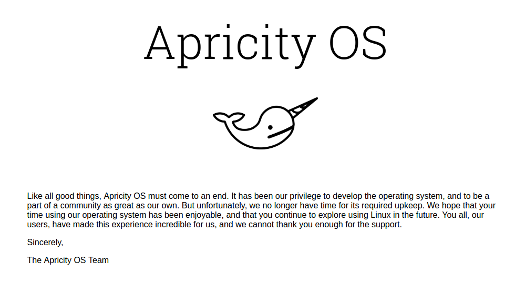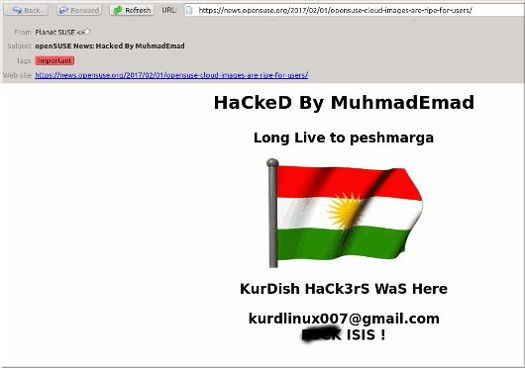Who’s going to get bragging rights this year? Last year it was Arch. The year before it was Ubuntu. Call out the troops and get bragging rights by making your favorite our “Best Linux Distro.”
The FOSS Force Readers’ Choice Awards Poll
 Update: The voting on the first “qualifying” round of our Best Linux Distro poll closed on Saturday, January 28. We have replaced that poll in this article with the Best Linux Distro final round poll. Results from the first round of polling can be found on our Completed Polls page.
Update: The voting on the first “qualifying” round of our Best Linux Distro poll closed on Saturday, January 28. We have replaced that poll in this article with the Best Linux Distro final round poll. Results from the first round of polling can be found on our Completed Polls page.
It’s time to start the process of choosing the FOSS Force Readers’ Choice Award winner for Best Desktop Linux Distro for 2016. This is the third outing for our annual poll, which began in a March, 2015 contest that was won by Ubuntu, which bested runner-up Linux Mint by only 11 votes. Last year we moved the voting up to January, in a contest which saw Arch Linux as the overall winner, with elementary OS in second place.
Just like last year, this year’s polling will be a two round process. The first round, which began early Friday afternoon when the poll quietly went up on our front page, is a qualifying round. In this round, we’re offering a field of 19 of the top 20 distros on Distrowatch’s famous “Page Hit Ranking” list. Those whose favorite distro isn’t on the list shouldn’t worry — your distro’s not out of the game yet. Below the poll there’s a place to write-in any distro that’s not in the poll to be tallied for possible inclusion in the second and final round of polling to follow.










 The readers of FOSS Force have made their voices heard and for the second year in a row you have chosen Arch Linux to be the recipient of the FOSS Force Readers’ Choice Award for Best Linux Distro. The recipient was determined by the results of a poll that opened on January 30 and closed at noon EST today.
The readers of FOSS Force have made their voices heard and for the second year in a row you have chosen Arch Linux to be the recipient of the FOSS Force Readers’ Choice Award for Best Linux Distro. The recipient was determined by the results of a poll that opened on January 30 and closed at noon EST today.


 Through our qualifying round of voting, you have decided the final slate of candidates for our annual FOSS Force Readers’ Choice Award for Best Linux Distro. At 11 a.m. EST, final round voting began to determine which desktop Linux distro gets the prize for this year’s award.
Through our qualifying round of voting, you have decided the final slate of candidates for our annual FOSS Force Readers’ Choice Award for Best Linux Distro. At 11 a.m. EST, final round voting began to determine which desktop Linux distro gets the prize for this year’s award.